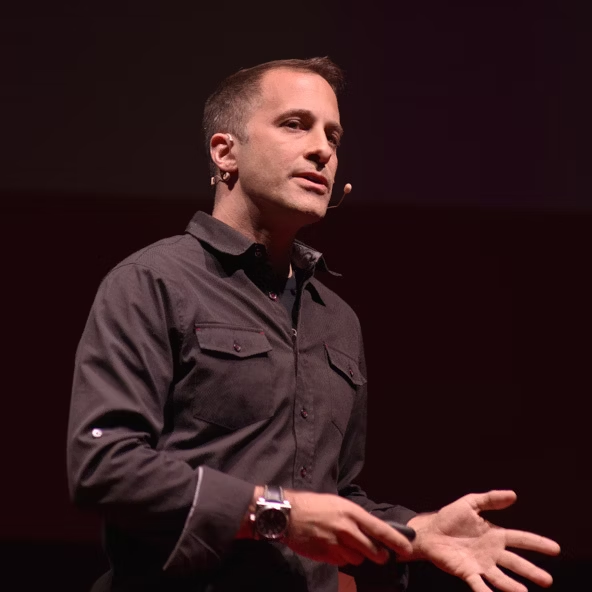Contributer: Jeremy Wilken

Photo by Joshua Sortino on Unsplash
In many modern, technocratic nations (like the USA where I live), the rise of Big Data (generally defined for this article as a mindset that enough data can address all problems) has shaped our perceptions and beliefs about many things in ways of which we are often unaware. We get confused or frustrated when the weather forecast provides inaccurate details, then we start to deem it unreliable and fail to heed severe weather warnings. We trust in the massive amount of big data that influences our stock markets, but then a major regional bank fails in a couple of days and why couldn’t that data predict it? Many parts of the world (including the US) are seeing increasing political partisanship, but we don’t easily recognize the impact of big data on citizens that frequently reinforces that trend?
In each of these three examples, what we see is our inability to cope with complex systems, which can have chaotic behaviors. This is certainly a challenge, and Big Data is one of the tools that can help us understand and manage these complex systems.
Until it gives us a false sense of certainty.
We want to feel in control and certain about events, so we seek information that will help us make sense of things. This is where the lure of Big Data comes into play. Not only does it offer us information, it swamps us in it. You have dozens of options to view the weather forecast. There is no shortage of sources offering financial advice. Social media is alight with political posts (from humans and bots). Big Data offers all the information we think we need, and it makes us overly confident in what the future will be.
It was recognized early on that too much information was a problem for humans, so companies had to find ways to slice through the noise. Algorithms were developed to try and link people to the kind of information they would like (from what to buy, who to vote for, or what to pay attention to). This reframes the deluge of information as a personalized trickle of what is “most relevant”. This helps to hide Big Data from our view and while also reinforcing its effects.
There are a multitude of implications that arise, but the one I want to focus on is this sense of certainty. When we think we understand things, we lose our sense of curiosity. We become overly confident in trends and predictions.
Uncertainty is what we need to allow for alternative possibilities, because the greatest way to improve our understanding is to broaden our awareness and imagination of the systems we are interested in. Uncertainty is hard to deal with, and we must train ourselves to embrace it.
I want to highlight two key tools that can help us embrace uncertainty: systems thinking and scenarios. Systems thinking is the ability to map and understand the behaviors of systems, and scenarios are a tool for exploring potential events as stories. Both of these pull back the curtain that is often keeping us from seeing more possibilities.
When we really want to understand a complex system, we should apply systems thinking and map it. The tricky things about systems are that there can be influences on the system we don’t intuitively recognize and there are often delays in the system. For example, the SVB failure is a system failure resulting from the unanticipated influence of social connections and the changes in interest rates hit their portfolio after a long delay. By modeling a system, we can also experiment with possible changes and analyze potential impacts.
Scenarios are a great tool for introducing uncertainty by intentionally drawing up a series of narratives that can explore potential outcomes. There are a lot of methods to develop scenarios, but they are essentially stories of what things would be like given certain changes or trends. The role of scenarios is to provide contrasting views of what can happen, and these can help anticipate different types of events.
The result of these two tools is to combat the false sense of certainty that we crave and that Big Data lures us into. These both help us slow down and to get a broader context of what is happening and could happen. They allow us to introduce uncertainty through exploring more influences to the system and by creating different narratives in scenarios, which both can open up a larger view of future possibilities. These are activities at the heart of strategic foresight.
Big Data is great for certain things, but we can’t let it be our sole guide if we want to be better prepared for the uncertainty that exists. We need the power of imagination and curiosity to explore previously unrealized connections in order to build up a bigger view of the future, and let uncertainty act as a guide.





